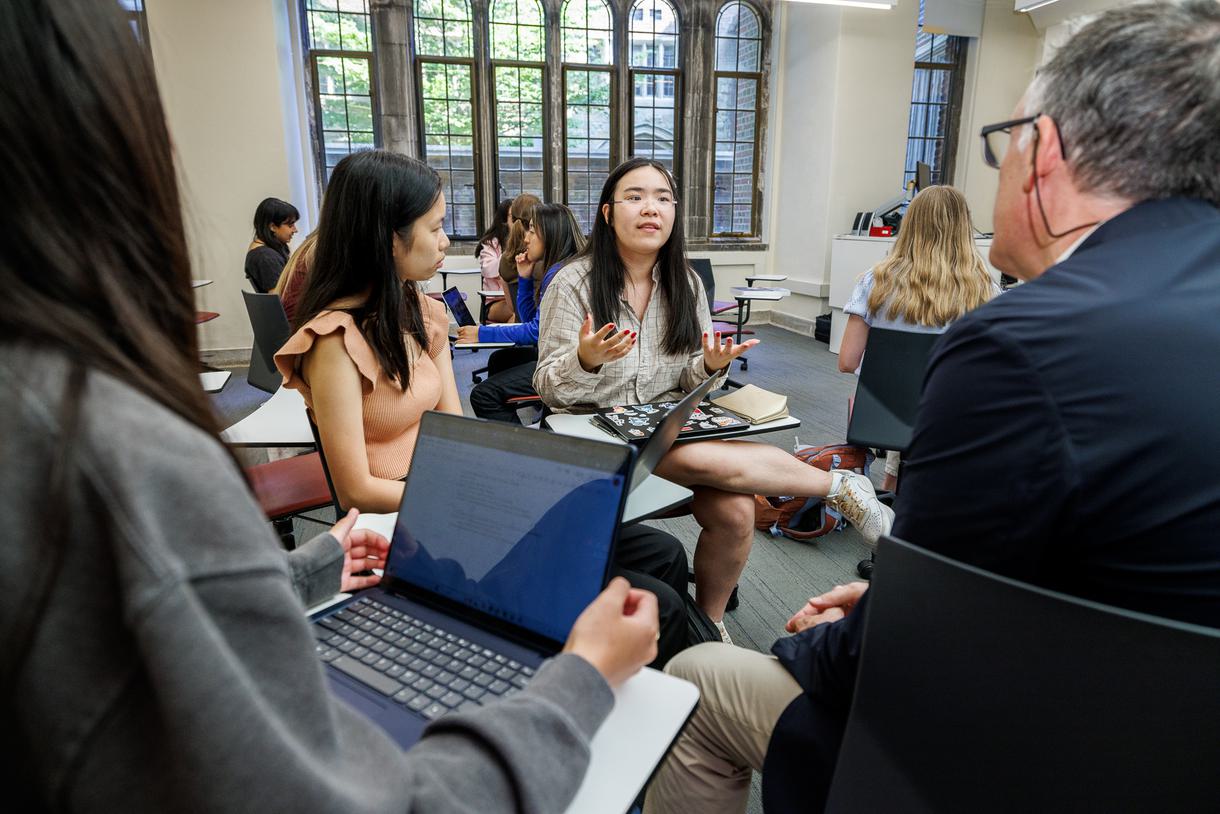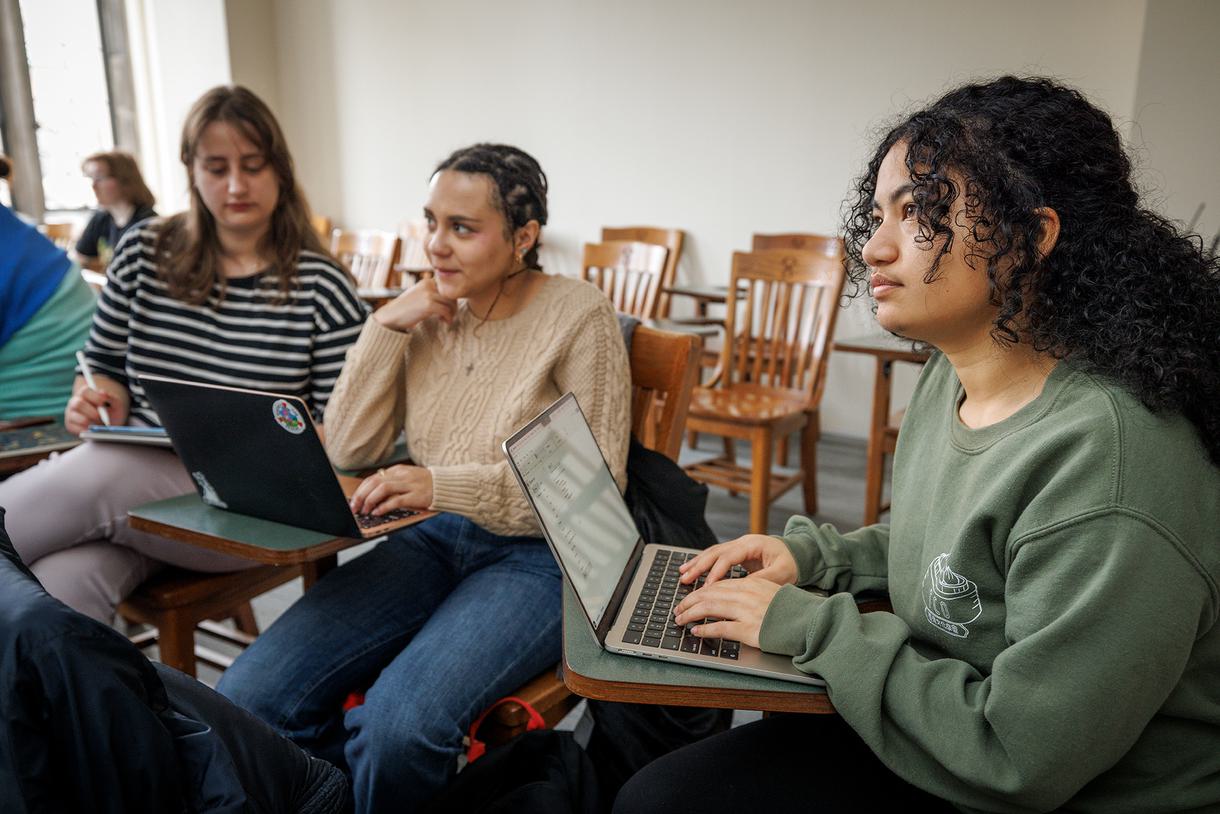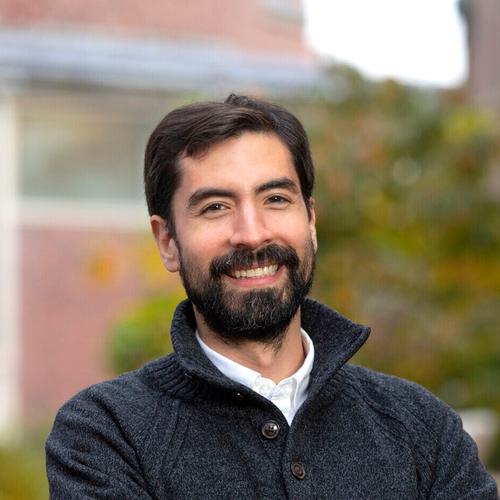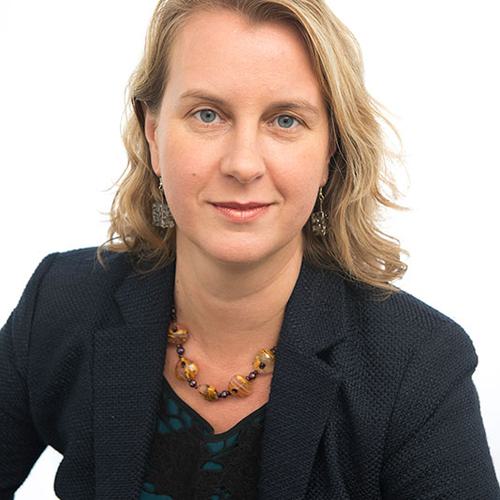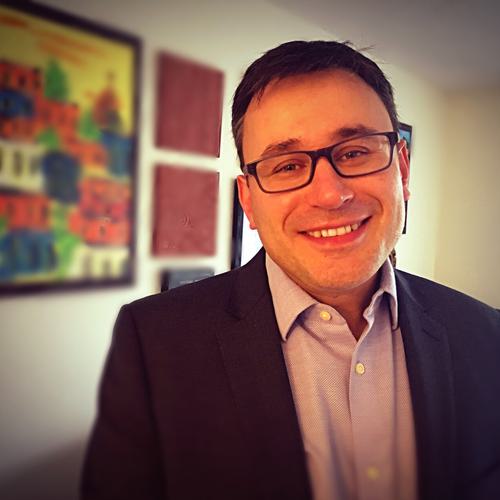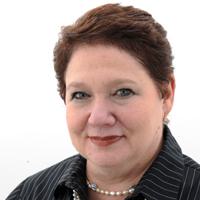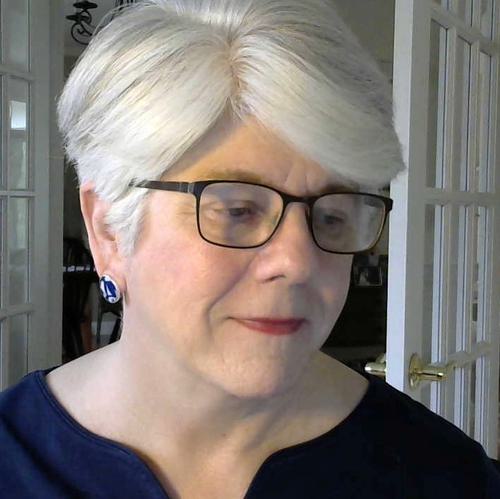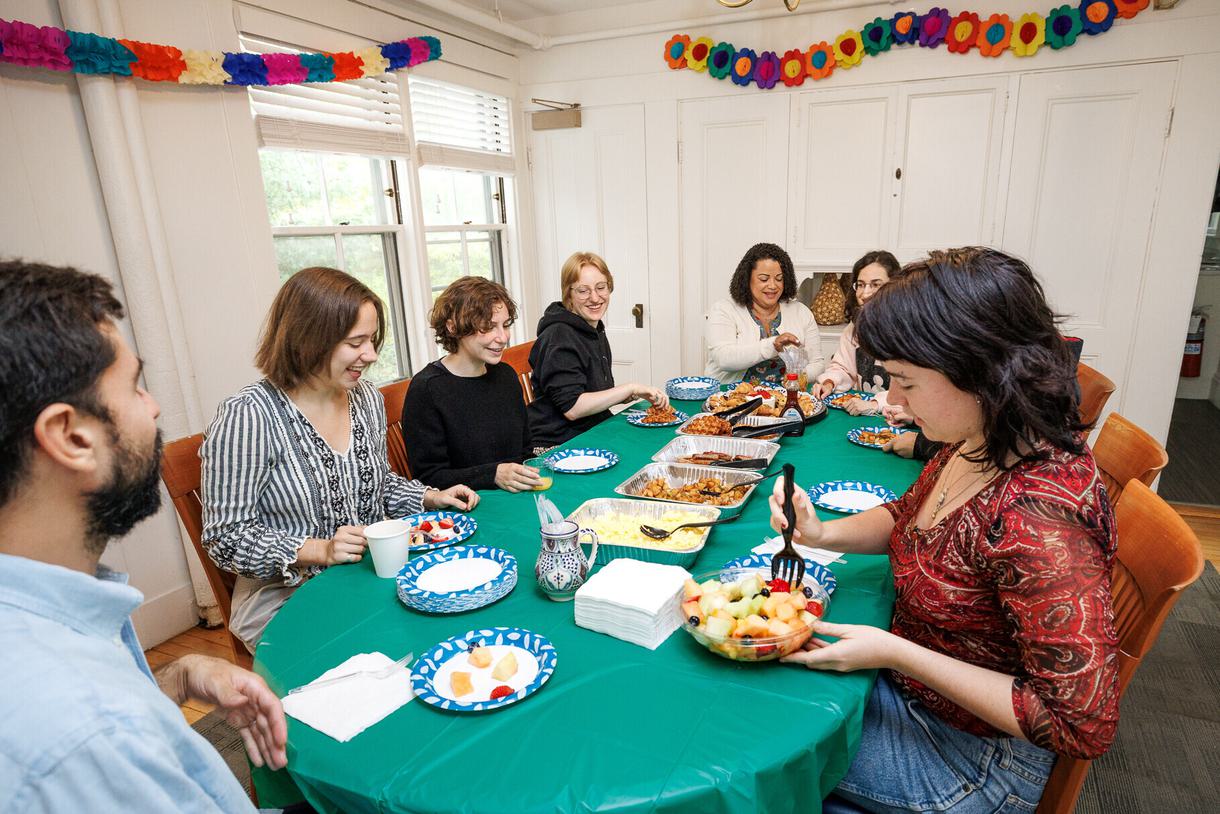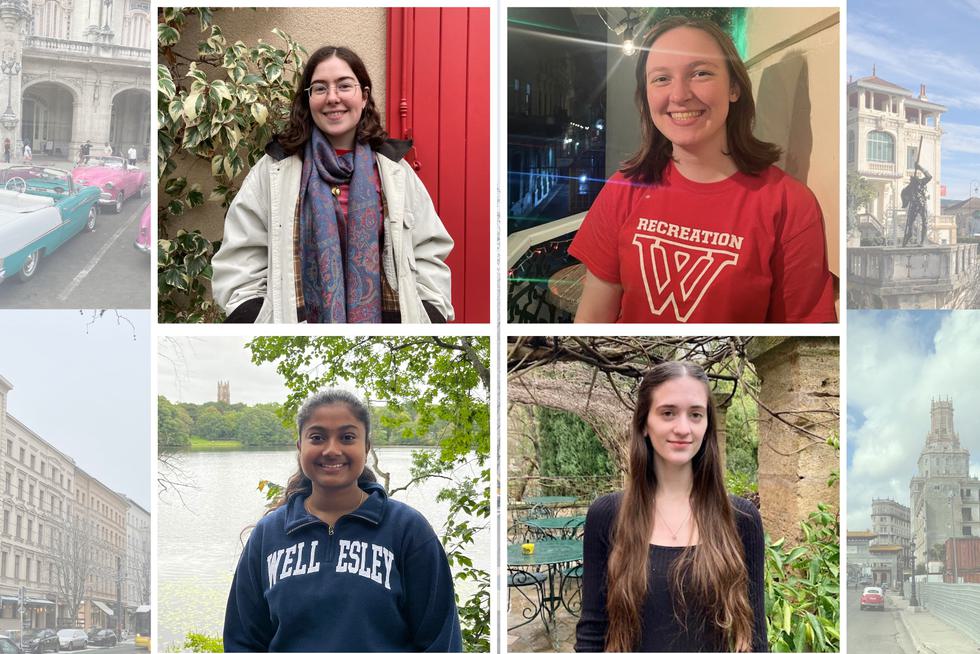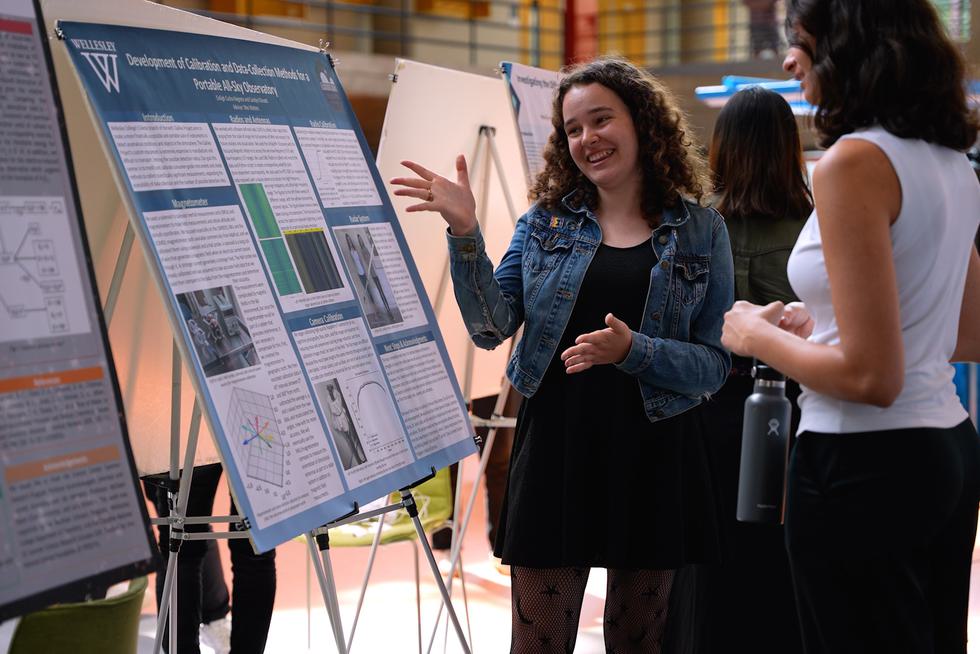Spanish and Portuguese
Academic Department Introduction
Spanish and Portuguese are two of the most widely spoken languages in the world. Spanish-speaking cultures extend from Spain’s Judeo-Christian and Islamic heritage to Latin America’s roots to the United States today. Portuguese is spoken in countries in Africa, Asia, Europe, and South America, and the U.S. has significant Portuguese, Brazilian, and Cabo Verdean communities, particularly in New England, California, Florida, and New Jersey.
Students in our language classes work in small groups to build oral proficiency and encourage individual expression. Literature classes include analyses and discussions of writing from different periods. We examine past and present civilizations through courses on history, film, music, and culture. Frequent activities include tertulias (gatherings), lectures, symposia, films, and performances by writers and artists.
Learning goals
- Understand and effectively interact with people across cultures.
- Identify key topics in film, music, and literature within the social, political, and historical contexts of the modern Hispanic or Lusophone world.
- Recognize pivotal events and representative figures in Hispanic or Lusophone history.
- Develop the ability to participate in a multilingual and multicultural community.
Programs of Study
Spanish major
Students will develop an advanced level of linguistic fluency in Spanish.
Global Portuguese studies minor
Students will learn to communicate effectively in written and spoken Portuguese.
Course highlights
Intensive Intermediate Portuguese
PORT203
Review and expansion of all language skills and continued study of Lusophone art, music, film, and literature. Emphasis on oral and written expression and critical analysis. The course covers the full-year intermediate language curriculum in one semester.
-
Seminar. Foreign Affairs: Spain and Portugal
SPAN310
This course explores how early modern Spanish literature and other forms of cultural production (such as music, paintings and engravings), depict peoples and places perceived as foreign or other in relation to Spain's political dimension as a world power in sixteenth and seventeenth century Europe. Places like Italy and England or social groups such as Spain's moriscos appear in Golden Age literature in complex, often surprising ways. We will analyze the historical and cultural processes that inform such representations and also read how is Spain, and its dwellers, represented in contrast to people viewed as culturally and ethnically different in major works. Novels by Cervantes and María Zayas, plays by Calderón de la Barca, and poetry by Garcilaso and Camões will be discussed. (PORT 310 and SPAN 310 are cross-listed courses.) -
The Caribbean Experience: Literature, Culture and History
SPAN269
An introduction to the major literary, historical, artistic and cultural traditions of the Caribbean. Attention will focus on the Spanish-speaking island countries: Cuba, Dominican Republic, and Puerto Rico. We will discuss such topics as slavery, independence, nation-building, race, gender, dictatorship, and immigration. We will use a variety of texts, films and artworks. Authors may include Juan Francisco Manzano, José Martí, Julia de Burgos, Alejo Carpentier, Nicolás Guillén, Nancy Morejón, Luis Palés Matos, Mayra Santos Febres and Junot Díaz.
Places and spaces
Casa Cervantes
Eight students per year live in La Casa Cervantes, where they commit to speaking Spanish in all public areas of the house. Activities include visits from the Spanish faculty, game nights, and holiday celebrations.
Research highlights
-

Professor Antonio J. Arraiza-Rivera’s monograph En voz de pluma: Poéticas de la escritura en la lírica áurea (Juan de la Cuesta, 2023) explores self-referentiality in the work of three authors of the Spanish, Portuguese, and Novo-Hispanic Baroque: Juan de Tassis y Peralta (Count of Villamediana), Francisco Manuel de Melo, and Sor Juana Inés de la Cruz.
-

Senior Lecturer António Igrejas’ article “Writing the Father into Textual Existence: The Biographer in Through a Portagee Gate,” published in Gávea-Brown: A Bilingual Journal of Portuguese-North American Letters and Studies/Revista Bilingue de Letras e Estudos Luso-Norte-Americanos (2023), examines how Charles Reis Felix uses tools of fiction to write “the creative facts” of his father’s biography.
-

Professor Koichi Hagimoto’s research centers on the relationship between Asia and Latin America. Hagimoto’s new book, Samurai in the Land of the Gaucho: Transpacific Modernity and Nikkei Literature in Argentina (Vanderbilt University Press, 2023), explores how diverse literary and cultural approaches to Japan have defined and defied the concept of modernity in Argentina.
Opportunities
-
Study abroad
Qualified juniors are encouraged to spend a semester or a year in a Spanish- or Portuguese-speaking country with our study abroad partners (Study in Portuguese Network, Middlebury Study Abroad), or other approved programs. During Wintersession, our faculty run short-term study abroad programs. These have included trips to Barcelona and Cuba for students with proficient Spanish.
-
Internships
The Spanish and Portuguese Department offers several funded internship opportunities in Cabo Verde, Portugal, Puerto Rico, and Spain, and at El Observatorio Instituto Cervantes at Harvard University. Other geographies are possible. Students are also encouraged to apply for the Gilman-FLAD Portugal Scholarship.
-
Spanish Table and Portuguese Table
Open to all members of the Wellesley community, the tables offer an opportunity to share a meal with others who speak or are learning to speak Spanish or Portuguese.
Beyond Wellesley
Beyond Wellesley
Many Spanish majors and global Portuguese studies minors pursue careers in the health care, education, or legal professions. Employers include Brigham and Women’s Hospital, the Ministerio de Educación in Chile, Immigrant Justice Corps, and the National Parks Service.
Recent Employers






For more
Our newsletter
We hope you enjoy our newsletter "Enlaces culturales."
We would love to hear from you. Please contact Jael (jmatos@wellesley.edu) with items for the next edition of the newsletter.
Department of Spanish and Portuguese
106 Central Street
Wellesley, MA 02481
